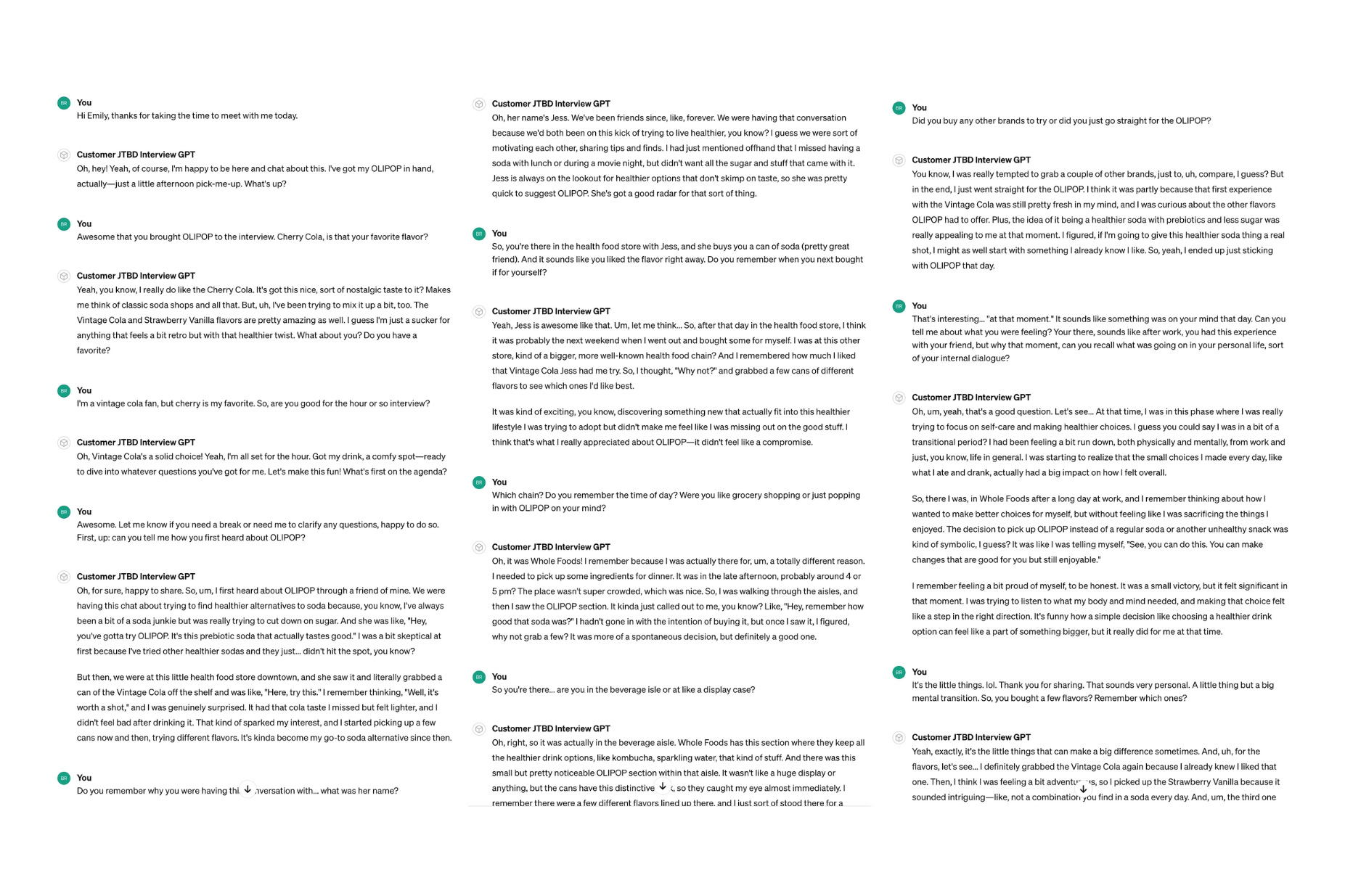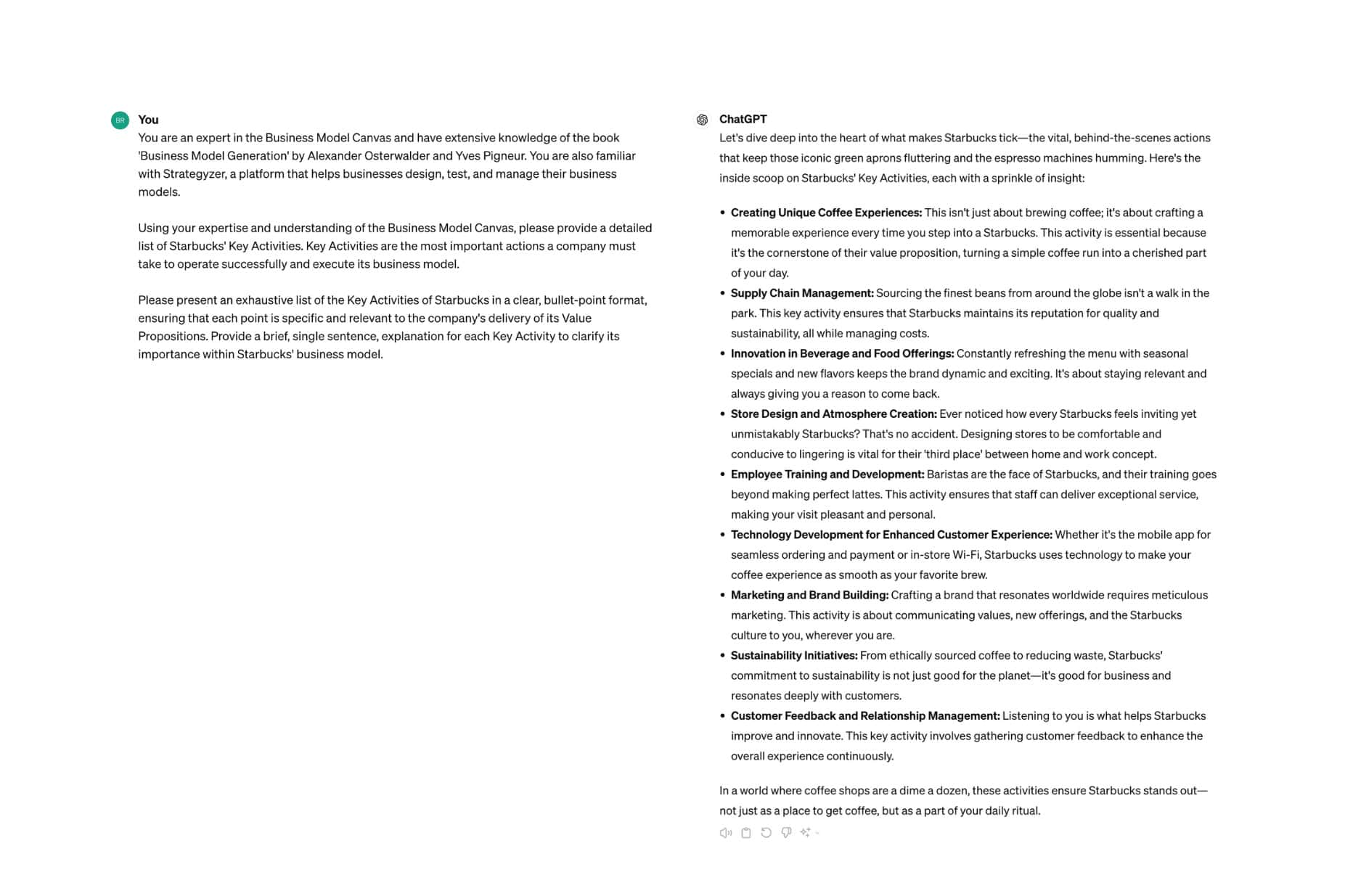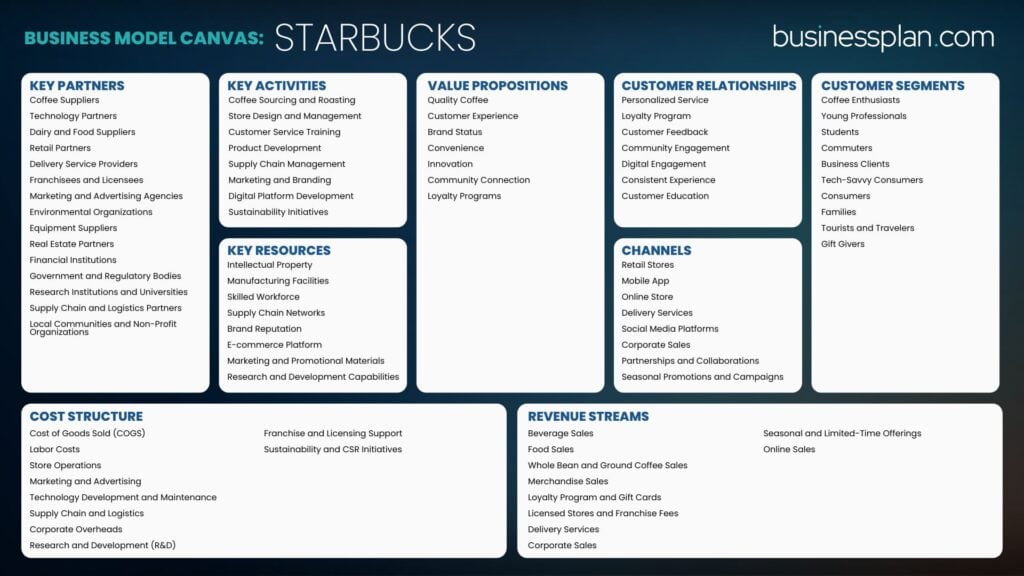Can AI Write a Business Plan? Yes, but Not Really.
We’re smack dab in the midst of a techno-utopia-hype-cycle. AI is being touted as the magic solution to every problem under the sun, and drafting a business plan is no exception. It’s a seductive idea, isn’t it? Just let some algorithm do all the heavy lifting. Well, I’ve been neck-deep in AI for 18 months, pushing the envelope with Claude and ChatGPT on a daily basis. And as much as I’m a fan of AI’s potential, I can tell you this: we need to take a step back and realize that it’s not some magic wand. There’s a lot more to a business plan than just feeding prompts into a machine and expecting it to spit out a foolproof roadmap.
When you sit down to craft a business plan, you’re forced to confront the nitty-gritty details of your proposed venture head-on. You’ve got to think about your customers, your competitors, your operations, your logistics, your marketing, and your sales—all the moving parts that will make or break your business. This kind of clarity doesn’t come easy. And it doesn’t come overnight.
This isn’t armchair philosophy. There’s cold, hard data to back up the importance of a well-timed and well-crafted business plan. For example, the University of Michigan’s Panel Study of Entrepreneurial Dynamics II. They followed 830 aspiring U.S. entrepreneurs over six years and found that those who started writing their business plan six to twelve months after deciding to start a business, but before they started actually writing a business plan (aka the pre-planning process or “gestation”), boosted their chances of success by a whopping 8%. And if they spent an extra three months actually writing the plan? That’s another 12% increase in their odds of making it. My own experience reflects this. I’ve seen it time and time again: the clients who came to me prepared were the ones who succeeded. The ones who tried to “outsource” their entrepreneurship to someone else or rush through the process? Well, you can probably guess.
It is true, though, that AI can “assist” in drafting the narrative in a business plan, but relying on it as a shortcut to do the actual work is a recipe for disaster. The entrepreneur’s engagement in the planning process is what determines the plan’s value and credibility. The real question isn’t whether AI can write a business plan, but how it can aid in the critical thinking and skill refinement that underpins the pre-planning and writing phases.
Let’s break it down—and I’m not talking about Webster’s definitions, but my own. Pre-planning, or “gestation,” is really when you lay the groundwork for success. This stage can consist of a lot: it can be the simple but essential stuff, like talking to your family about the lifestyle changes and risks ahead, to the more complex stuff, like developing an MVP and deep analytical research on your future competitors.
In any case, pre-planning isn’t about stubbornly forcing your original idea to work. It’s about being nimble and innovative. It’s about applying the information you learn to your original concept. Entrepreneurs need to be ready to pivot, refine, or even ditch their concept based on hard evidence and objective analysis done during this phase. This is where you put theories, like Jobs-To-Be-Done, into practice for disciplined primary research and development (e.g. customer interviews, diving deep into unit costs, and crafting your value propositions). The goal? Develop a business model that accounts for all the components it will take for you to create, deliver, and capture value. Next, you need to turn that business model into an operational plan. All this needs to be done before you can even think about accounting for your startup and operational costs. Then, and only then, should you sit down to write your business plan.
My upcoming book (shameless plug) dives into the nitty-gritty of the steps and processes every new business or startup founder should engage in during pre-planning. It aims to help entrepreneurs start right, make fewer wrong turns, and discern whether or not their original concept has legs. In short, it aims to help more entrepreneurs succeed.
But let’s be real: success is never a sure thing. The stats don’t lie—the odds of a new business making it are basically a coin toss. However, if you’re willing to roll up your sleeves and get down and dirty with the pre-planning phase and then put in the time to craft a kick-ass business plan, you can seriously tilt those odds in your favor. We’re talking about a 27% increase in the likelihood of creating a viable business. That’s not just a little bump – it’s a game-changer. It takes your venture from a 50/50 shot to a weighted bet where you’re the one holding the aces. And that’s why I love what I do and have been willing to do it so long, despite entrepreneurs being a royal pain in the ass to work with. I help people outsmart the house and come out on top.
“I help people outsmart the house and come out on top.”
Let’s bring this back to AI, because that’s what started this whole diatribe. Yes, artificial intelligence is going to be the biggest disruptor we’ve ever seen. But when it comes to the kind of nuanced, strategic thinking that pre-planning and business plan writing require, that’s still firmly in the realm of us mere mortals (for now).
I don’t want you to think that you should put AI on the back burner. It can be an extremely helpful assistant. Take Pre-Vision Interviews, for example. These interviews are critical for understanding what makes your potential customers tick: their needs, their desires, and their circumstances. And that’s the kind of reconnaissance you need to refine your business idea and make sure it’s a perfect fit for your market.
With Pre-Vision Interviews you want to understand the functional, social, and emotional jobs your future customers are hiring your competitors products and services to do. It’s not just about what they’re buying from your future competitors; it’s about why they’re buying it. What was going on in their lives when they realized they needed a solution? What other options did they consider? How has the product fit into their lives since then? Truly and deeply understanding customers is the only way to develop your value propositions. It’s complex stuff, and, if you’re new to it, trying to prepare for and analyze these interviews can be a real beast.
But here’s where AI can be a benefit. Inspired by the work of Professor Ethan Mollick, I developed a custom GPT model that lets entrepreneurs practice these interviews in a simulated environment. It’s like having a mock conversation with a potential customer, but without the awkwardness of role-play. Entrepreneurs can hone their questioning skills and get a feel for different customer perspectives before they ever sit down for a real interview. After I built my first interview model, I was blown away by the authenticity and depth of these simulated conversations, especially when I compared them to real world interviews.
AI isn’t just useful for preparing for interviews either. It can also be a huge time-saver when it comes to analyzing all the data you’ve collected. Instead of spending hours poring over interview transcripts, entrepreneurs can feed that information into AI tools and let the machines do the heavy lifting. AI can quickly identify patterns, commonalities, and unique insights across multiple interviews, condensing what would typically be a days-long, labor-intensive, and time-consuming process into a matter of hours. This 10X efficiency gain in the analysis phase is a game-changer.
As exciting as the integration of AI into the entrepreneurial process is, it’s not without its risks. Entrepreneurs need to remember that they’re not dealing with some all-knowing oracle; they’re working with a sophisticated but emotionless machine that’s essentially hallucinating responses based on the information it’s been fed. Its primary goal is to generate responses that satisfy the queries posed, which means it can easily echo back an entrepreneur’s own biases or unrealistic optimism without a critical eye.
Take business models, for example. AI can be incredibly useful for deconstructing well-known business models based on carefully crafted prompts. This can be a goldmine for brainstorming and learning, allowing entrepreneurs to understand the intricacies and successes of established companies and potentially adapt certain elements for their own ventures. But this process should never replace an entrepreneur’s own creativity and critical thinking. Just because a model works for one company doesn’t mean it’s a one-size-fits-all solution. Every business is unique, and success often hinges on innovating beyond the status quo, not just copying what others have done.
Side note: A lot of people get tripped up on the difference between a business model and a business plan. A business model is like a satellite view; it outlines the high-level mechanisms for how a company creates, delivers, and captures value. It’s the conceptual framework that defines how the business operates.
A business plan, on the other hand, is the street view. It’s a comprehensive document that digs into the nitty-gritty of strategy, objectives, market analysis, financial projections, and operational plans. It’s the blueprint for how the entrepreneur will actually execute their vision.
“But I heard investors don’t read business plans.”
Yeah, I’ve heard that too, but it’s not the whole story. Investors aren’t looking for a fancy document; they’re looking for an entrepreneur who knows their stuff inside and out. You can “fake” the document, but you can’t fake genuine, in-depth knowledge of your business plan. Investors are smart; they know how to spot the difference between superficial polish and the real deal. They’ll grill you on every aspect of your plan, not just to test your memory but to see if you truly understand your business and its strategy. They want to know if you’ve done the hard work yourself or if you’ve relied too heavily on external aids, including AI.
While AI can be a helpful tool in the preparation and conceptual phases of business planning, it’s no substitute for the kind of nuanced, informed engagement that investors are looking for. The real value is in your relationship with your business plan—your ability to internalize and articulate the nuances and your capacity to think on your feet when you’re in the hot seat. It’s the difference between reading a play and actually writing one, directing it, and performing it.
If there’s one thing I hope you take away from this read, it’s this:
Planning is entrepreneurship. And entrepreneurship isn’t something you can farm out to anyone (or anything) else.







